Summer is a great time to travel. The weather is usually nice and warm, it’s easy to plan around school schedules (and the kids are probably out of school), and you can find some amazing deals if you look in the right places. But let’s face it: traveling with kids can be challenging! It’s important that parents take into account their own budget and needs when planning an excursion with their little ones in tow. On top of that, children require special attention during any trip. Here are some tips for traveling with kids this summer:
Give your kids some ownership
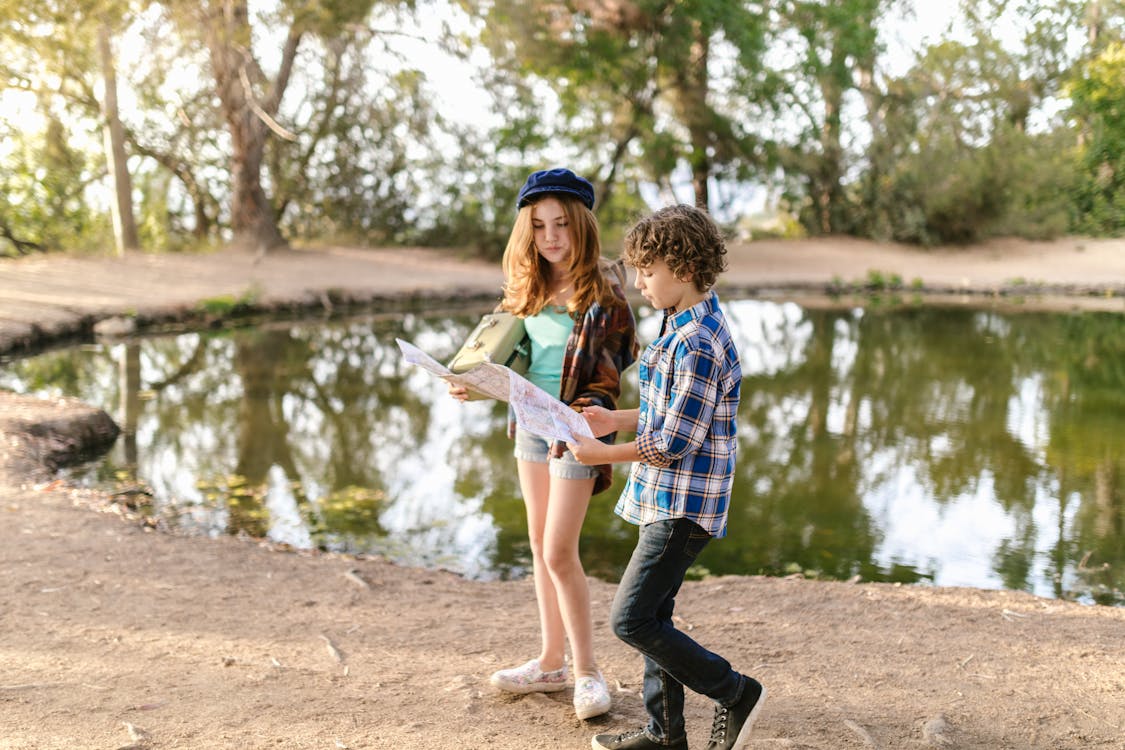
The best way to go about this is to give them a say in where you're going and what you'll be doing. This can be done by including them in the planning stages of your trip, or even better, letting them plan it themselves (with a little guidance from Mom or Dad). Along with that, let them pick out their clothes for the trip and give them choices for meals when there are multiple options available (if you're eating at restaurants).
It's important for everyone on the road with you to stay hydrated and rested so don't push yourself too hard when trying to see everything! Instead take frequent stops throughout the day so everyone can stretch their legs and have time away from each other if needed—this could mean stopping at parks along your route or taking an hour long break every 3 hours of driving time just so everyone has some down time before moving on again
Take It Slow
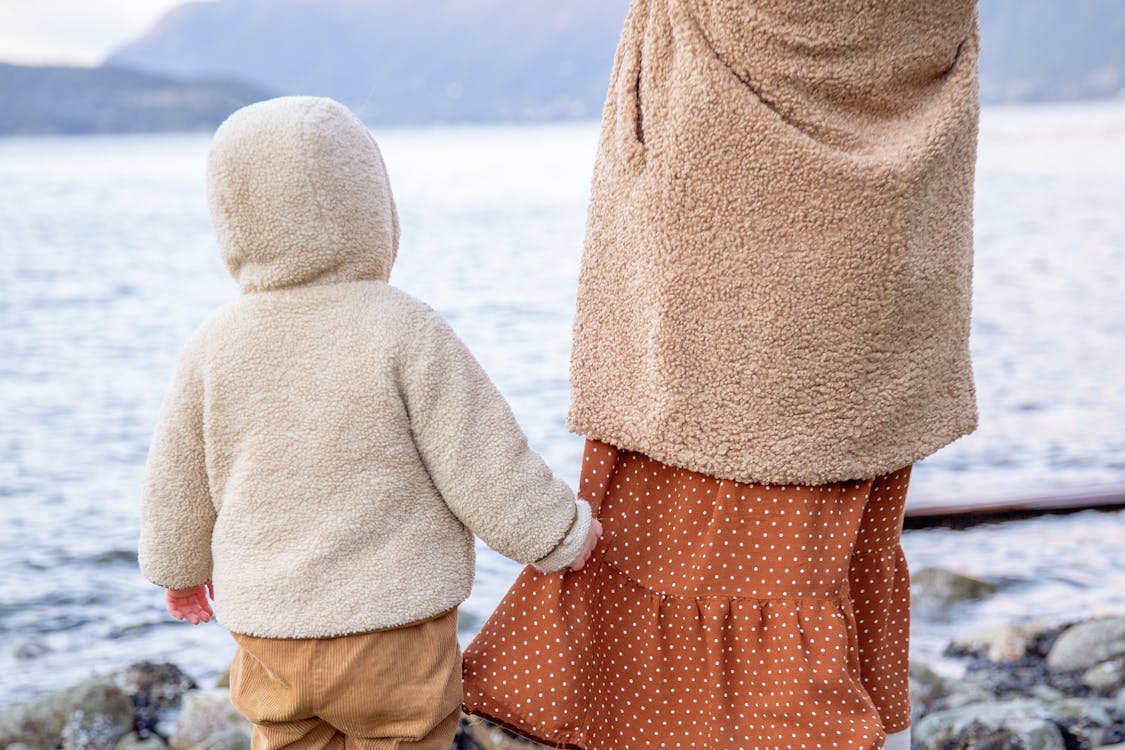
If you’re traveling with kids, it can be helpful to give them time to adjust to the new environment before rushing into any plans. The same goes for adults who are traveling alone—give yourself some time to adjust before you get in a hurry!
Even if your destination is one that you’re familiar with, there’s still an adjustment period required when moving from one locale or season to another. Give yourself a chance to acclimatize before starting your trip so that any potential discomfort won't put a damper on things later on down the road!
Don’t Overpack
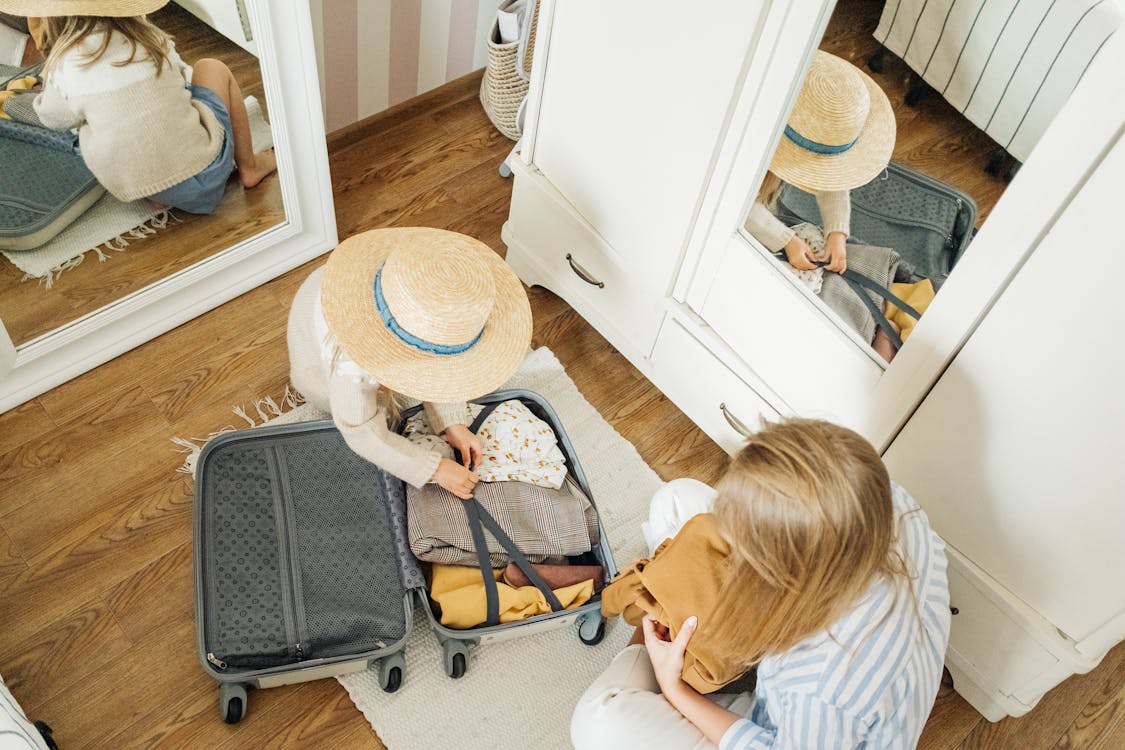
Packing light is the best way to avoid overpacking, which can be a nightmare as you’re trying to get on the road and keep your children occupied. Here are some tips for packing light:
Pack only what you need. Remember, you’re going on a vacation—not moving in! Don’t bring everything but the kitchen sink just because it could come in handy. Instead, think about what activities will be part of your trip and whether or not those items are really necessary. For example, if you plan on hiking through nature trails or visiting museums during your summer vacation then maybe it would make sense for you carry around binoculars or museum passes with you so that if your children want to take a look at something up close they can do so without having to wait in line again later (and again). But if all they will be doing is swimming poolside then leave those extras behind; there won’t be any harm done if one doesn't have their own set!
Bring lightweight luggage with wheels if possible since walking around carrying heavy suitcases can tire out even adults let alone toddlers who aren't used yet!"
Prebook
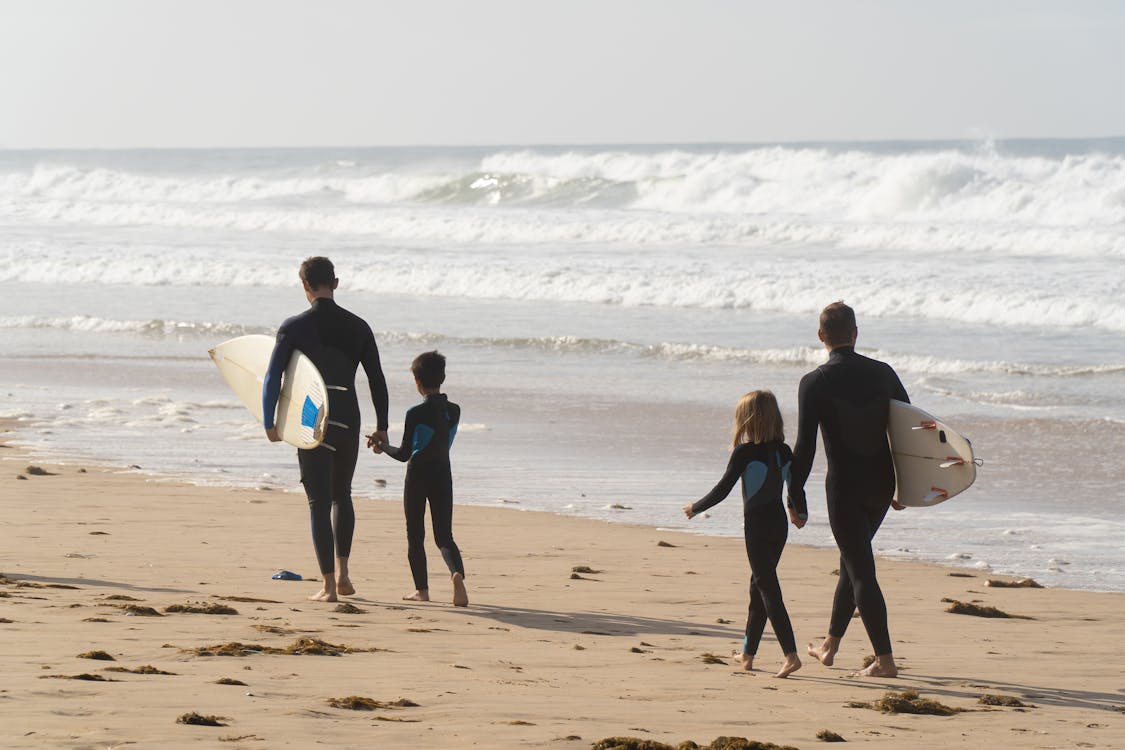
Research your destination. Is there a specific theme park or attraction that you want to visit? If so, book tickets in advance and make sure they’re good. You don’t want to be stuck in line for hours on end or have an experience ruined by too many other people around.
Book your flights, hotels and rental cars early. The earlier the better! This will help ensure that you have comfortable accommodations when traveling with children who are likely not going to sleep through their entire time away from home.
Book tours or activities ahead of time as well – especially if they involve getting on a plane or being outdoors during peak temperatures because those tend to fill up quickly (or get canceled) due to weather concerns when traveling with kids who can’t always handle heat very well at all times during their lives thus far so far depending how old they are now right now today versus when they were younger before becoming teenagers which means even though their bodies might still be growing yet this doesn't always mean that their brains already developed fully yet either way it's important not only because these two factors combined could lead them towards making bad decisions later down the road but also because doing so
Outline your Trip
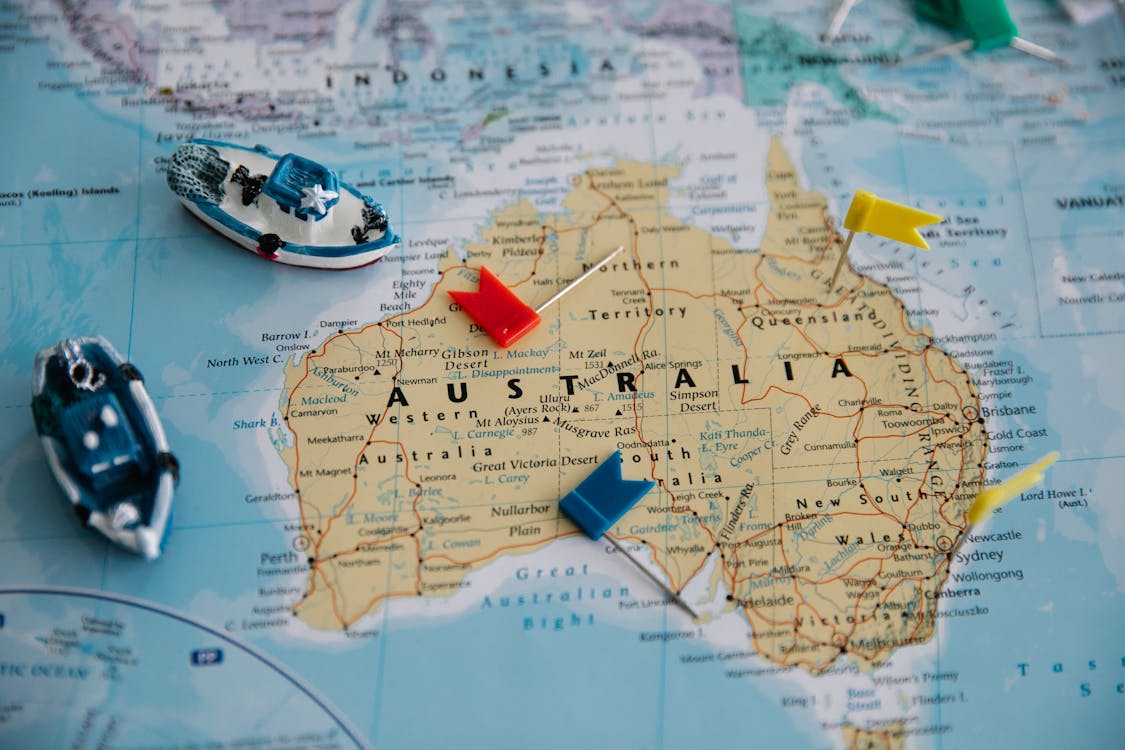
If you're going on vacation, the first thing to do is plan the actual trip. Write down a list of activities, create a schedule and bring a map. Plan for rest stops and schedule in some downtime.
Write down your plans: Make sure you write everything down so that everyone knows where they need to be when it comes time for departure. If you're going someplace new or have never been there before, make sure everyone has an idea about what's happening on their day off (if anything).
Create a schedule: You don't want to be running around all day with young children because they tend not to take into account how much energy they are using up! Try creating a schedule so that everyone knows when certain things will happen during the day (such as swimming lessons) and what times meals will be served at night time too! This way everyone can enjoy themselves without having too much stress put upon them by other parts of their day off from work - just remember not every child likes having someone else tell them exactly what needs done next!
Don't Forget the Snacks
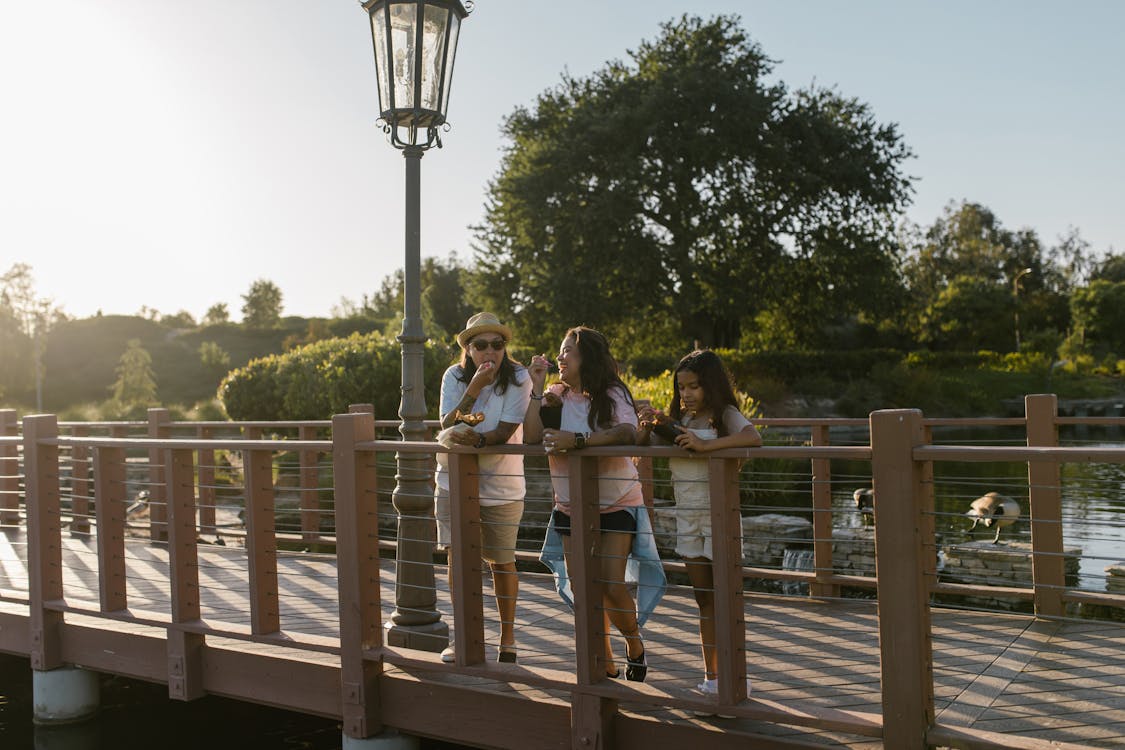
One way to keep kids happy and healthy is by packing snacks. Snacks are an easy way to give them energy when they get tired or cranky, but don't forget that not all snacks are created equal. The best kind of snack food for your child will be one that he can eat on the go. This might mean fruit or veggies cut into pieces, a bagged lunch with cheese crackers and fruit cup, or even a meat-and-cheese sandwich cut into quarters.
If you're traveling by plane, consider buying some snacks at an airport kiosk so that your child doesn't get distracted from the vacation mood by hunger pains—and so that you don't break the bank paying for overpriced snacks in the terminal store!
Find Good Gear
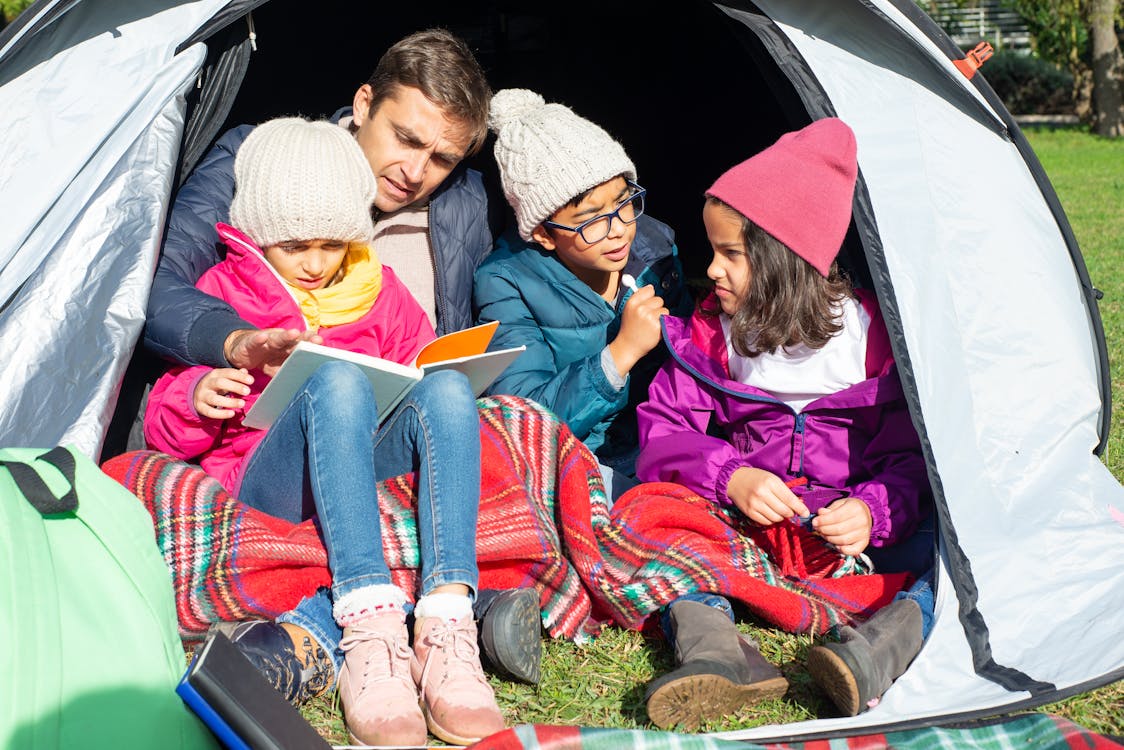
Good gear is key to a great summer vacation. Here are some suggestions for things to bring with you on your trip:
A good backpack. This should be something that can comfortably fit all the gear you'll need, and it really shouldn't be any bigger than what you can comfortably lift onto your back by yourself (or with the help of one other person). Your pack should have plenty of compartments for small items like pens and pocket knives, which will make packing easier for everyone. It's also wise to buy some extra straps so that every member of the family has at least one strap to hold onto as they walk around town or hike through nature preserves.
A good sleeping bag. The best way to stay cool during those hot summer nights is with a nice fluffy comforter; however those things are incredibly bulky when folded up into small bags! So instead why not try getting one of these nifty foldable sleeping bags instead? They're just as warm but take up much less space in your luggage when folded up flat inside another bag or suitcase where no one else can see them until they come out later at night after dinner when it gets dark outside...and then again before breakfast each morning before anyone else wakes up due too being too tired from staying up late watching movies ;)
Find Discounts

Use discounts to save money. You can get a discount for being a family, for having children, for being a senior, for being a student and even if you’re in the military or a teacher! What better way to afford summer travel than with these discounts?
You can also get discounts on hotel stays, flights, car rentals and even theme parks! If you plan to visit a theme park or other large attraction during your trip, be sure to check for discount tickets before buying.
Safety and Security
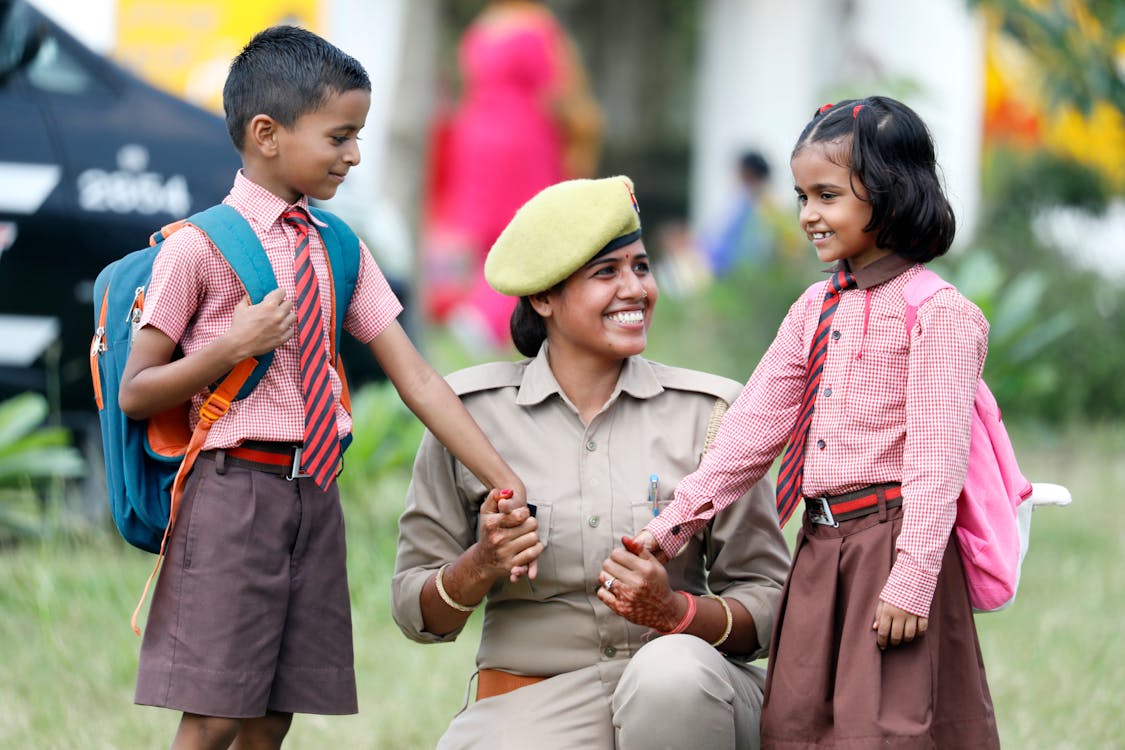
You should always travel with a copy of your child's birth certificate. This will come in handy when you're trying to get into the museum or theme park, or if your child gets lost. Make sure your child is up to date on all vaccines before traveling and have a first aid kit that includes bandages, gauze and disinfectant in case of any cuts or scrapes while you're away from home. Keep a list of emergency numbers in your wallet or phone just in case something happens while traveling so that 911 can help out if needed!
Contact Information
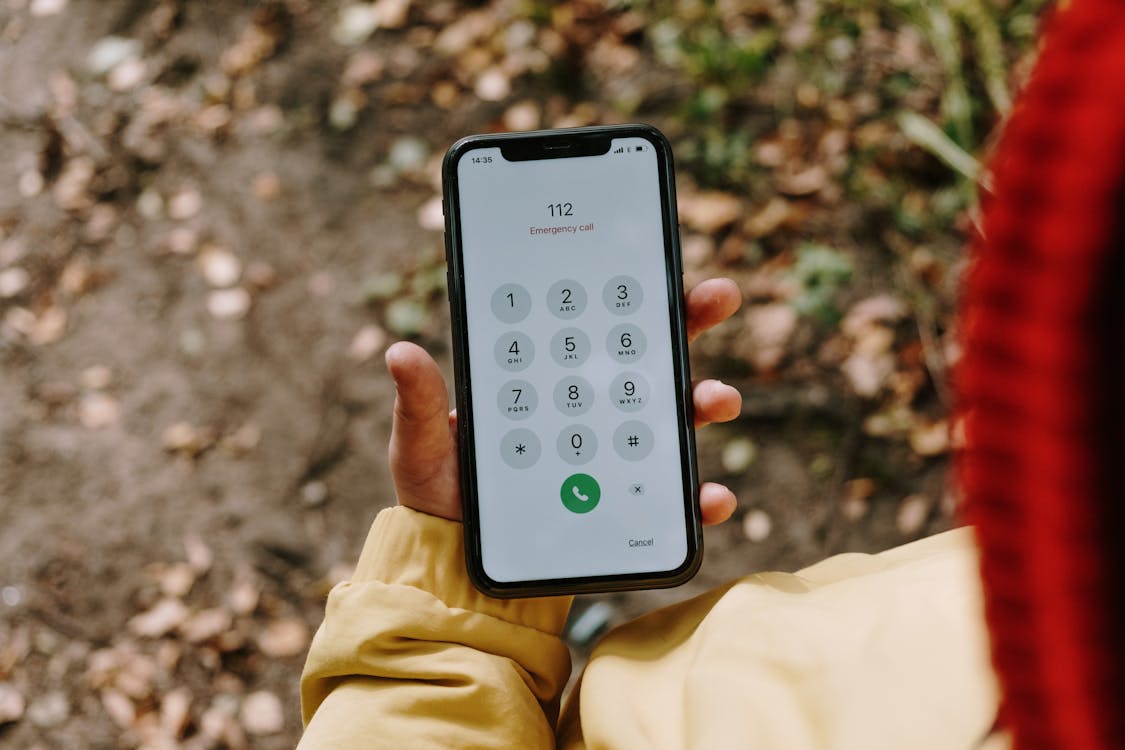
Bring a list of emergency contact numbers. You’ll want to make sure your child has the name and contact number of your hotel, airline, car rental company and credit card company. (You can also include the phone numbers of friends or family who live in the area.) If you have an app on your phone that allows you to store all this information in one place, use it! Otherwise, write down the information on a piece of paper. Then make sure everyone in your family knows where it is located in case they need to contact someone if something goes wrong during travel or when at home after returning from vacation.
Pack accordingly for any weather conditions with children—including sunscreen! Before leaving for any destination this summer with kids along for the ride (or even just yourself), pack according to what kind of weather you might encounter while away from home—and don’t forget about sunscreen! Even if you live somewhere sunny year-round like Miami Beach or Los Angeles County, Florida has its fair share of rainy days each month so don't forget that summer can mean rain showers too—and those can be dangerous without proper protection against UV rays coming through clouds overhead via reflection off surfaces below ground level such as concrete sidewalks/pavements along streets/highways etcetera...
Local Languages

If you're traveling to a country where you don't speak the local language, it's important to know how you'll communicate with people in your destination. If you're going on a tour or staying in an Airbnb, this should be easy; otherwise, bring along a phrase book. It doesn't have to be anything fancy—you can find free ones online and print them out.
If at all possible, try learning some key phrases before your trip: "hello," "thank you," "where is the bathroom?" and so on will be helpful when traveling abroad with kids. You'll feel more comfortable if your child needs something and does not panic because he can't communicate what he needs (and understand what others are trying to tell him).
Bring Your Car Seat
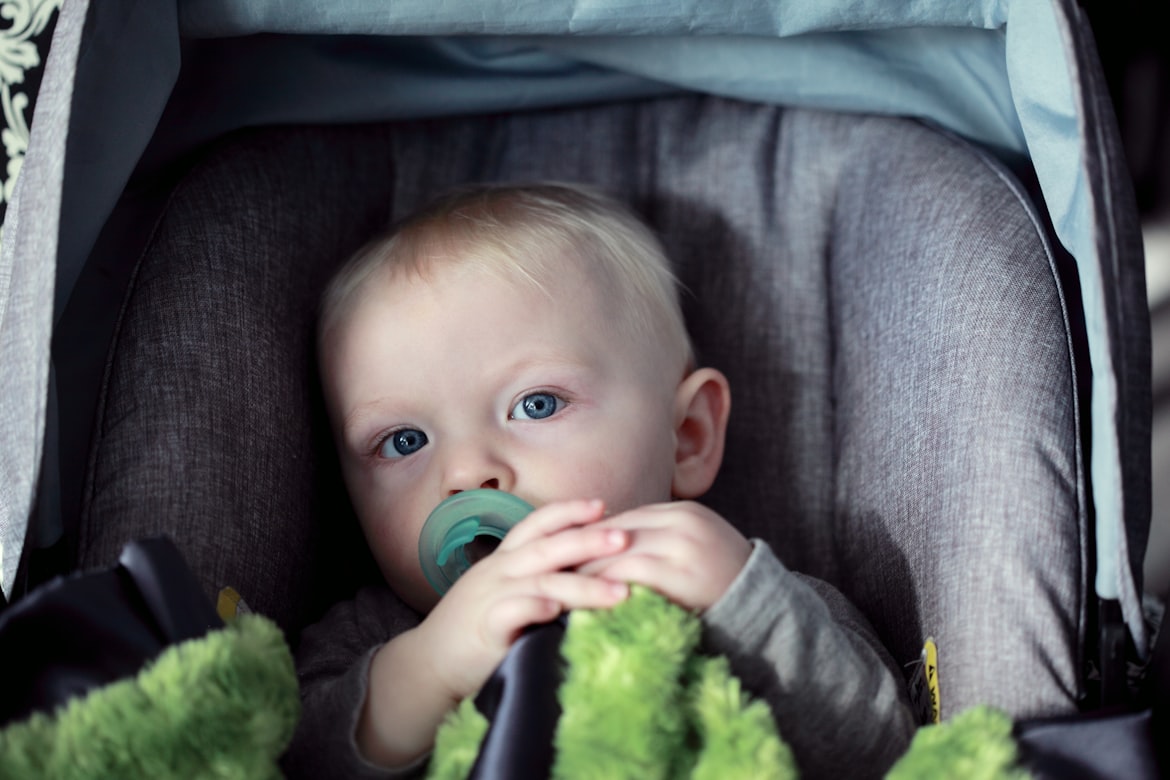
Make sure your child’s car seat is appropriate for his or her age and weight. Check the National Highway Traffic Safety Administration website to make sure you have the proper one for your child, and be sure it has been installed correctly. The safest place for a car seat is in the back seat, away from airbags and other dangers that might injure your little one if there were an accident. Never leave a child unattended in a vehicle—not even for a moment. If you are not able to secure the car seat properly in one vehicle, consider using a child safety seat that can be used in multiple vehicles (such as some models from Evenflo). Check with each manufacturer regarding how long their product will last before needing replacement due to wear or damage (most manufacturers recommend replacing after six years).
Give Kids a Camera

Do you remember the first time you took a picture with your camera? It was probably an instagram-worthy moment, but it was also an amazing feeling to capture something that would be stored for years to come.
Kids are not excluded from this experience. They can enjoy taking photos as well! However, there's one way in which kids take them differently than adults: They're prone to get bored when it comes time for editing photos or trying out different filters. Still, recording memories is important for kids and will help them remember their trip better--and plus, if they like photography now they'll have more opportunities later on!
Keep a Travel Journal
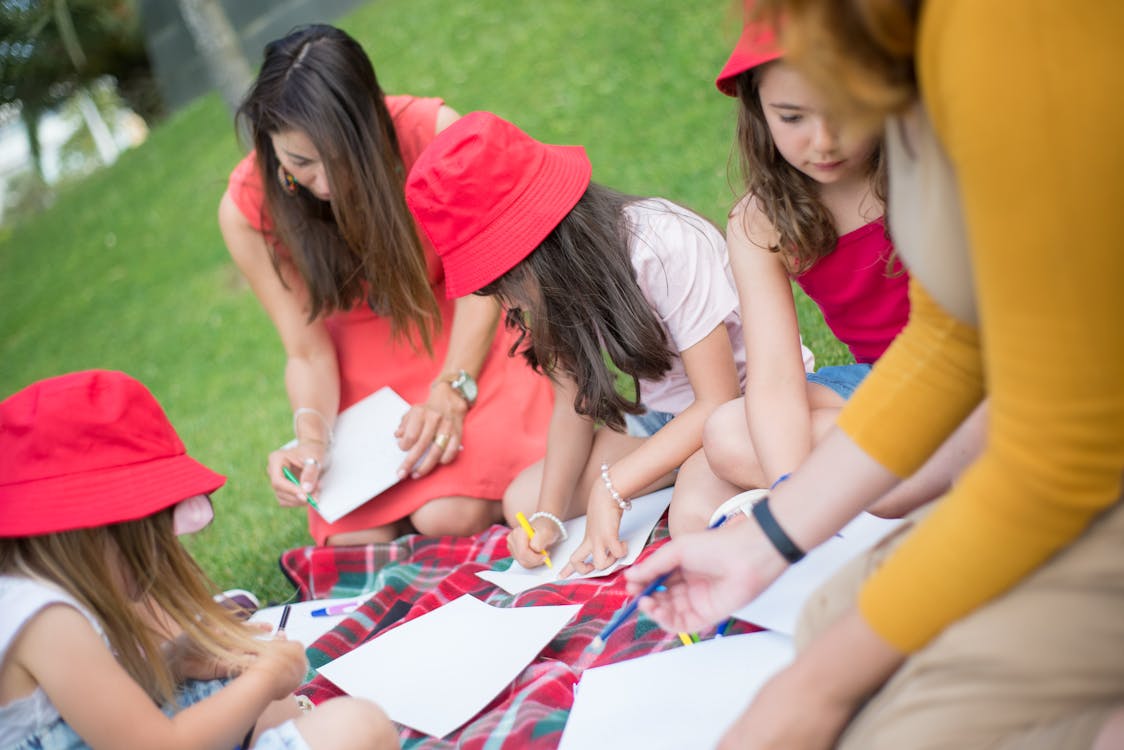
You can keep a travel journal in a variety of ways. You can use a notebook, an iPad or tablet, or your phone. The important thing is to use something that has enough battery power to last the duration of the trip and has room for all the photos you want to take.
When creating your travel journal, you should decide what content it will include. That might be as simple as writing down random thoughts and observations during your trip—or it could be a more formal account of events.
You might want to keep track of what you ate and where you went, or include photos with captions about them. If you're using a notebook, make sure that you have enough pages for all your entries. You can also write down interesting facts about the place where you're traveling and how it compares to other places in the world.
Bring a Stroller or Sling
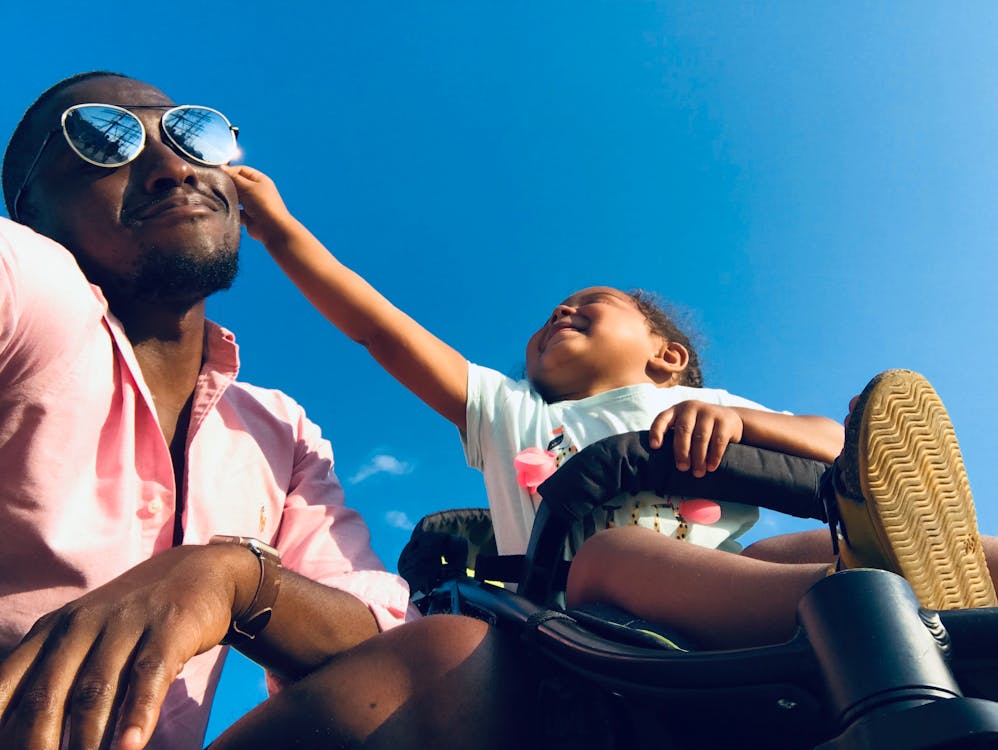
If you're traveling with a baby, toddler or small child, bring a stroller! Strollers are great for keeping your little one comfortable and safe while on the go. One of the benefits of traveling with a stroller is that it can accommodate multiple children if you need to take two children along for the trip. You can also use it at parks and zoos to keep your child contained indoors without having to worry about getting lost from you or hurting themselves in any way.
Many people prefer using slings over strollers because they may find them easier to carry around and less bulky than standard-sized strollers. They are also lighter weight which makes them easier for parents who want something that doesn't weigh as much but still provides maximum comfort for their child(ren).
We hope you found these tips helpful and that they make your summer vacation a bit more fun and easy. With a little planning, it’s possible to make the most of your time with your kids!


1 comment
Thanks for sharing such a unique and useful article, it’s great.Also, you can make a check on Car Rental Services in Coimbatore